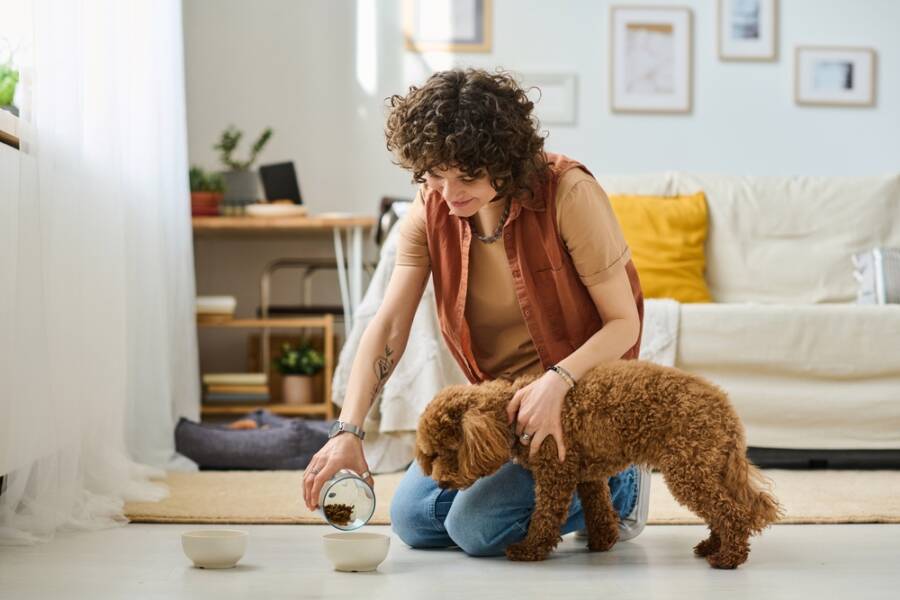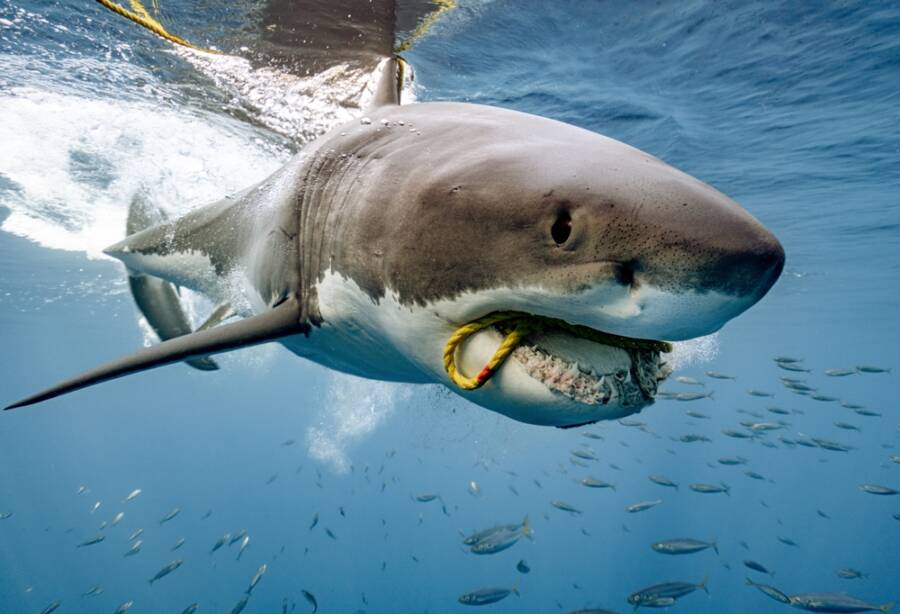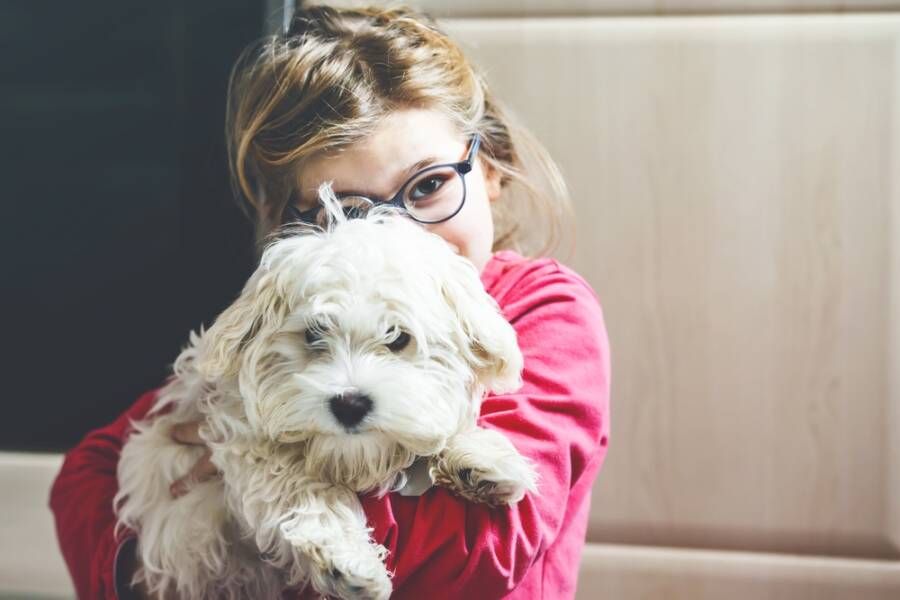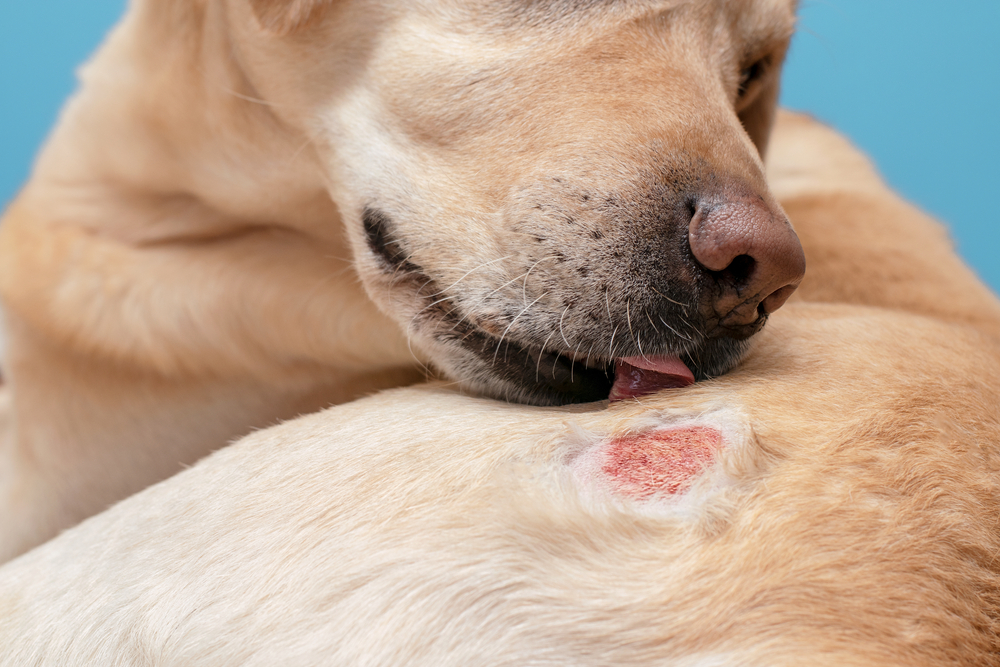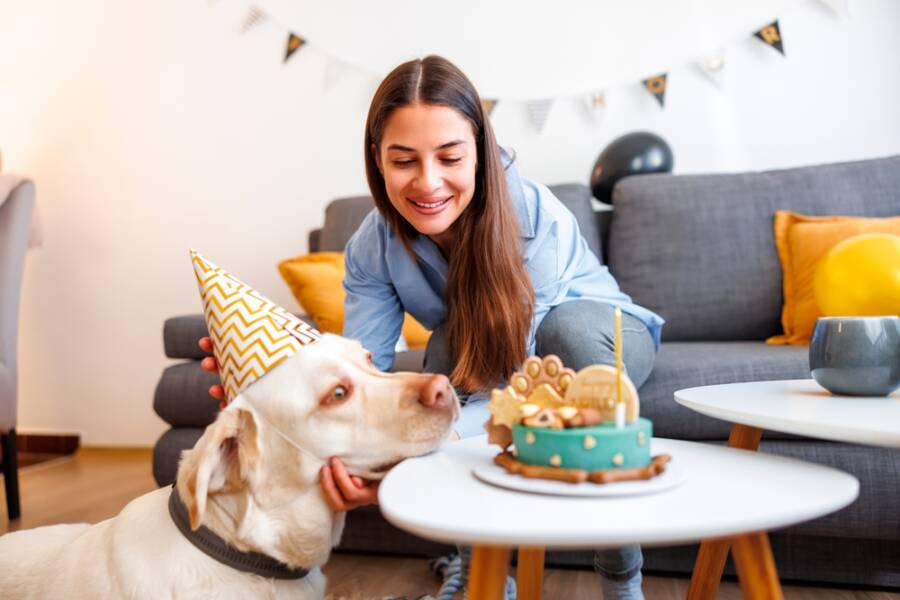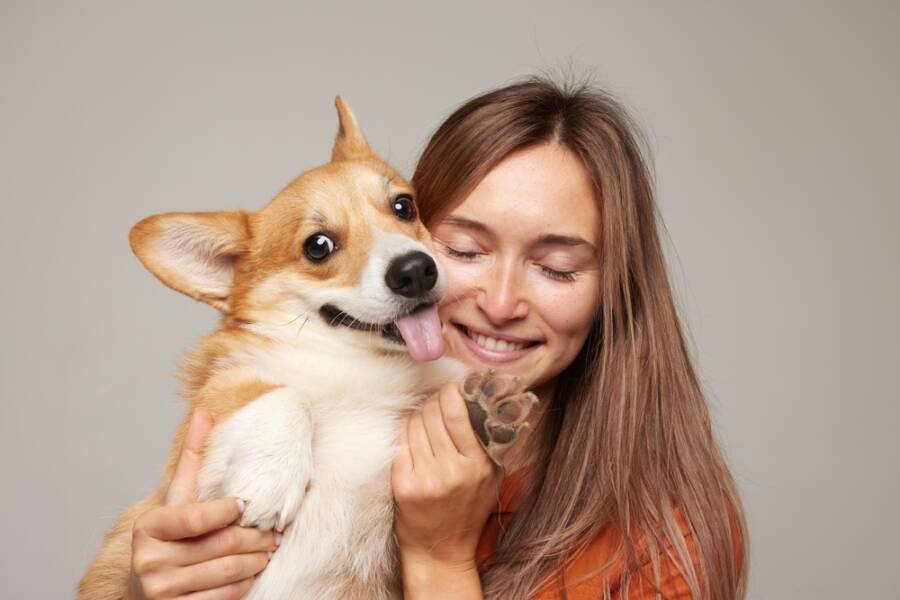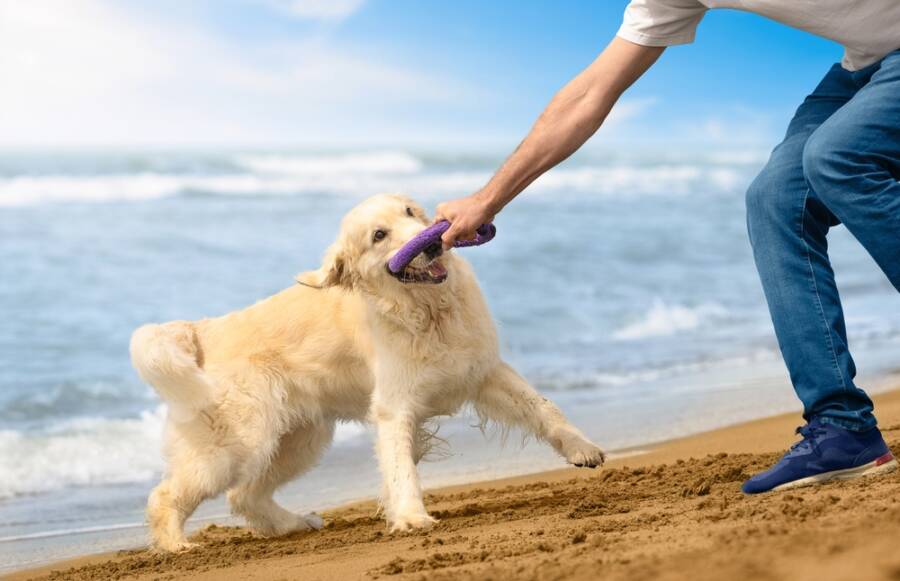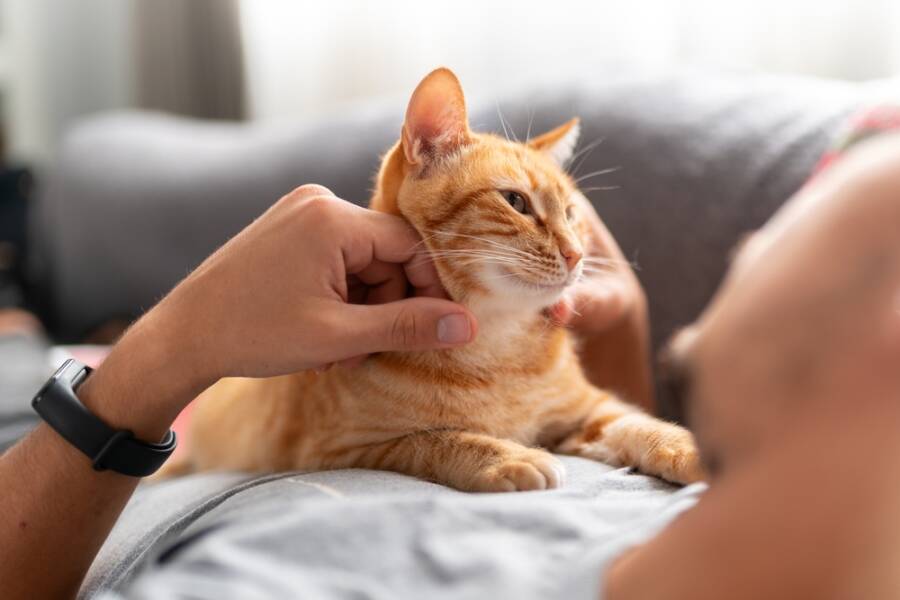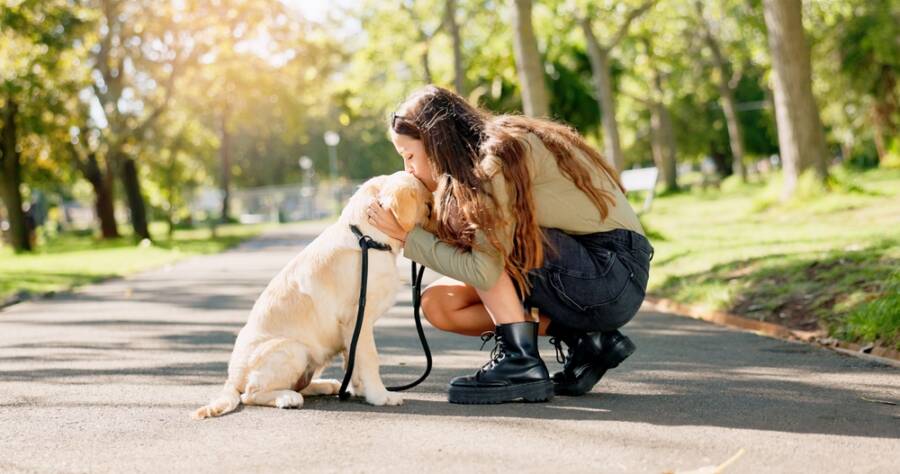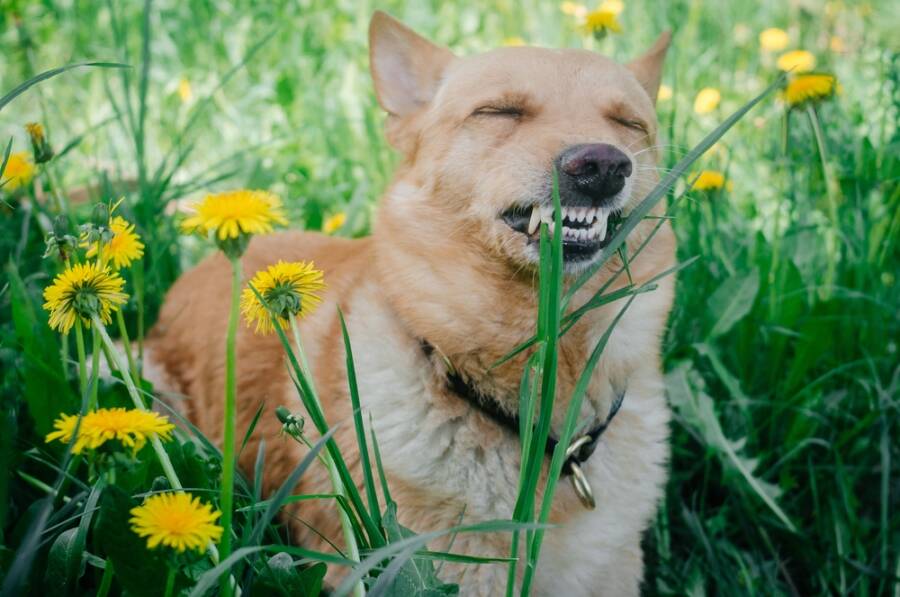How do you know if your dog is depressed? Check the signs here.
Did you know that, according to a recent survey, nearly 70% of dogs are depressed and have anxiety issues? They may appear to be cheerful and cute animals, but just like humans, dogs can suffer from depression too. Because they can’t talk to us, we fail to figure out what’s happening exactly.
But the good news is that with the proper treatment and support, you can help your dog get through these difficult times much easier. If you want to know if your dog is depressed or not, continue reading our article because some of the worst warning signs include:
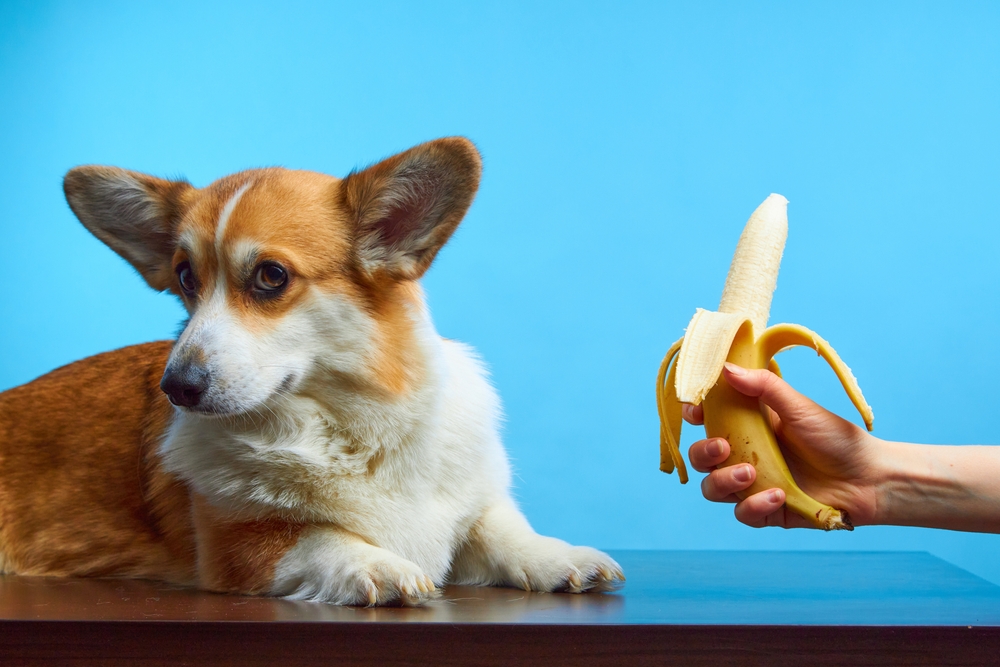
A radical change in its appetite
One of the first signs that your dog is depressed is when it suddenly changes its appetite. If you know that your pooch would munch on everything you give it, but for about a week now, this has changed radically and barely touches its food, it might be better to tell your vet this.
If a dog is depressed and unhappy, it might not want to drink either! They would occasionally become so hungry that they would hardly touch their dog’s food and find yours more appealing. They could put on weight as well! This typically coexists with inactivity and insufficient stimulation. Attempt to walk your dog and observe how many calories they consume each day.
Some dogs who are overweight experience depression. Get your pet’s veterinarian to examine them and determine what is causing their obesity. A shift in diet might be beneficial! However, if your dog refuses to eat, there might also be a laying issue or maybe an illness, but you can’t figure it out on your own, so don’t be afraid of asking the vet what’s happening. Some blood tests are recommended too.
It doesn’t have the necessary drive to play
Your dog is depressed if it doesn’t have the energy to play or walk anymore. This can apply to dogs of all ages, not just the old ones. Observe how it behaves when you give it its leash; an enthusiastic dog will hop about and be eager to go for a walk, whereas a sad dog will act quite aggressively. In that case, you must let the vet know about this behavior.
Certain dogs have a fascination with plush toys, while others are infatuated with chew toys, and yet others have a crush on fetch. If the dog is depressed, they will no longer find interest in his or her favorite toys. If the lack of interest persists for a short while, it might not be a problem, but if it does not, take note and let me know.
If your dog is depressed and you want to cheer it up, we recommend you buy this cute frisbee available on Amazon for just $9.81. Fun is guaranteed for you both!
Licking their feet
A dog may lick its feet when it is sad. How come? Many dogs find this to be a relaxing technique. Your dog may be attempting to find comfort in himself if he is constantly grooming and licking himself. Over an extended period, frequent self-grooming by your dog might indicate another issue. When something is done excessively, it develops into a habit.
Playing activities with your dog will help to engage their brains and get them back into a routine once any medical concerns have been cleared out.
Sleeping more and feeling fatigued no matter what
When a dog is depressed, they tend to spend more time indoors and does not want to engage with other people. Although their age may be the cause, depression may be to blame if it has abruptly developed or if they are sleeping too frequently. Try to break up their routine by taking them for walks and runs around the neighborhood or starting spontaneous frisbee games. Fresh air is beneficial for both of you!
Being destructive
If the dog is depressed, it will also start developing an unusual habit like gnawing or chewing excessively on random stuff from the house, like shoes or furniture. Perhaps his toys are the only things suffering from his recently discovered destructive tendencies. Try increasing the amount of physical activity, social connection, and cerebral stimulation to see if the destructive behavior improves since this might be an indication of a low mood.
It no longer feels the need to be in touch with its other dog friends
This is probably one of the major alarming signs you must pay attention to! If your pooch is usually very sociable, playful, and nice to other people and animals, but suddenly it changes its behavior and its interest disappears, then it is certainly depressed.
Dogs who are depressed may exhibit poor moods, overall sadness, and disinterest in life in their interactions with humans. It’s crucial to discuss this issue with your vet and see what you have to do!
Your dog is depressed because it’s bored
It’s easy to focus solely on dogs during the brief hours of the day when we exercise them, but for many dogs, that means they are awake for up to fifteen hours every day, doing nothing at all! This can cause extreme boredom in dogs, especially working breeds or types, which can lead to a variety of behavioral issues, one of which is obvious canine depression.
Seasonal Affective Disorder
Have you ever thought that seasonal affective disorder affects animals too? If you feel a bit sleepy or drained during the cold months of the year, then dogs can feel the same way too.
Providing dogs with the necessary exercise throughout the winter can be challenging, particularly in light of the recent record-breakingly long and rainy winters. Many dogs find that walking their dogs is a job rather than a pleasure due to gloomy mornings and nights, muddy walks, and damp conditions. As a result, many dogs are not receiving the exercise or walks they need and aren’t able to do the things they genuinely like.
If your dog is depressed because of the changing season and you find it difficult to keep it in motion, if you have a backyard, try playing every day (when the weather allows you to) for an hour straight.
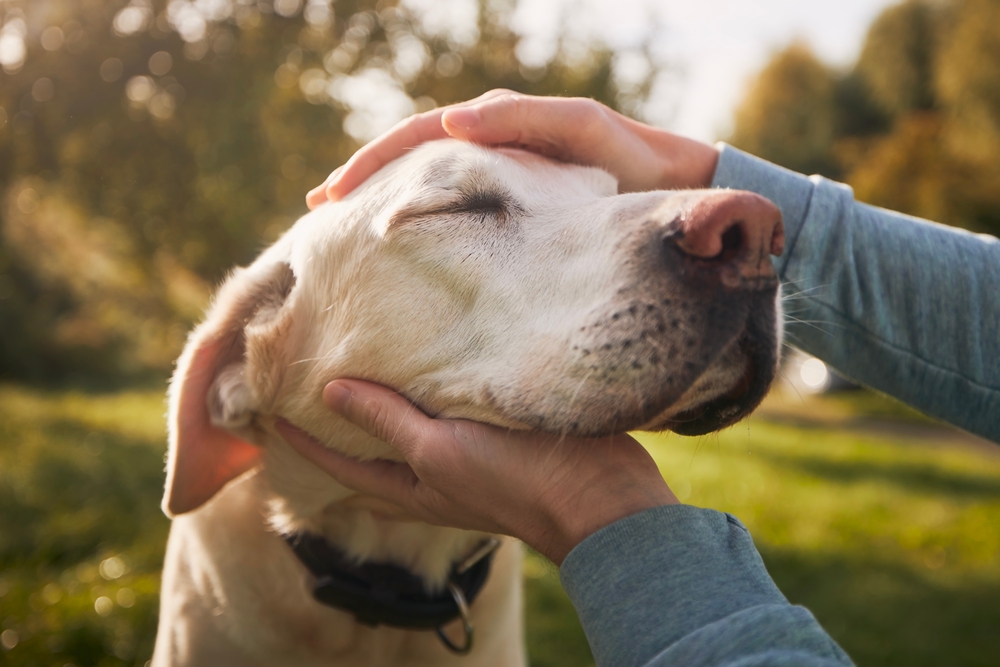
How can you help if your dog is depressed?
It might be difficult to pinpoint exactly what dogs are going through because they are unable to express their emotions to us orally. As soon as you notice your dog exhibiting outward symptoms of grief, you must understand what you can do to support them.
After you talk to your vet, it’s important to offer your dog as much attention as possible and try to make it feel as safe as possible. The sad pooch will appreciate your care and your affection.
Also, don’t forget to keep your dog active for as many hours as possible! Like with people, your dog’s attitude may be significantly improved by spending time outside. Walking your dog daily will benefit them psychologically and physically; however, you may need to start cautiously.
Dogs’ brains release serotonin and dopamine, the “feel-good” chemicals that elevate mood, when they exercise, much like people do. After it’s all set with mental health, if your dog is depressed, it’s very important to also have a healthy diet rich in vitamins and nutrients to speed the recovery.
If you have some friends who also have dogs, ask them to come over with their pets. It will be an interesting meeting; you will catch up with them while the dogs are roaming free in the backyard.
If you find this article about depression in dogs interesting, we invite you to check out another one from Cute Animal Planet’s page 11 Warning Signs of Pet Allergies.


